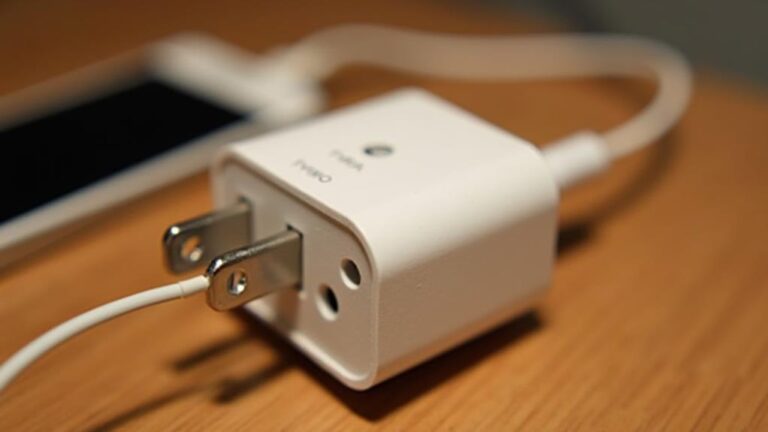To stop mosquito bites in Thailand, employ these five proven methods: First, use effective insect repellents containing DEET, Picaridin, or Permethrin. Second, wear protective clothing with long sleeves and pants, treating them with Permethrin for enhanced defense. Third, utilize mosquito nets in accommodations, ensuring they're properly fitted and treated. Fourth, practice environmental control by eliminating standing water sources and applying larvicides. Finally, treat bites promptly with cold compresses, antihistamines, or Tiger Balm for relief. These strategies target the Aedes aegypti mosquito, the primary vector for dengue and other tropical diseases. Implementing these methods will notably reduce your risk of mosquito-borne illnesses during your Thai travels.
Table of Contents
Key Takeaways
- Apply effective repellents like DEET, Picaridin, or Permethrin to exposed skin and clothing.
- Wear loose-fitting, long-sleeved shirts and pants to minimize exposed skin.
- Use mosquito nets treated with insecticide when sleeping or resting indoors.
- Eliminate standing water sources around your accommodation to reduce mosquito breeding grounds.
- Treat bites promptly with ice packs, antihistamines, or Tiger Balm to relieve itching and swelling.
Effective Insect Repellents
Chemical-based repellents stand at the forefront of mosquito protection in Thailand. DEET, Picaridin, and Permethrin are highly effective insect repellents that offer robust defense against mosquitoes in Thailand's tropical climate. Picaridin provides an odorless and less greasy alternative, with protection lasting 3-10 hours, making it suitable for extended outdoor activities.
For those concerned about skin sensitivity, IR3535 presents an effective option. This compound repels various insects while minimizing the risk of skin irritation.
Additionally, natural alternatives like PMD, derived from lemon eucalyptus, and citronella-based repellents offer protection for those preferring plant-based solutions.
When selecting insect repellents for use in Thailand, consider products with varying concentrations and forms to match your specific needs. Higher concentrations generally provide longer-lasting protection, while different application methods (sprays, lotions, or wipes) offer convenience in diverse situations.
To maximize effectiveness, apply repellents to exposed skin and clothing, following manufacturer instructions. Reapply as needed, especially after swimming or excessive sweating. By choosing the right repellent and using it correctly, you can notably reduce mosquito bites during your time in Thailand.
Protective Clothing Strategies
While insect repellents offer efficient protection against mosquitoes, your selection of clothing can greatly enhance your defense. Opt for loose-fitting attire with long sleeves and pants to minimize exposed skin, reducing the surface area available for mosquito bites. Choose clothing with high necklines and long trouser legs to create additional barriers against these persistent insects.
To maximize your protection, apply insect repellent to any exposed skin not covered by your protective clothing. This dual method significantly enhances your overall defense against mosquito bites.
For even greater effectiveness, consider using treated clothing infused with insecticides like Permethrin. These specialized garments provide an extra layer of protection by actively repelling mosquitoes upon contact.
When traveling in Thailand, you'll find pre-treated insecticide clothing options readily available. These garments offer a convenient and highly efficient solution for mosquito bite prevention.
Mosquito Nets and Accommodations
Mosquito nets serve as an essential physical barrier against mosquitoes during sleep or rest periods in Thailand. To maximize their efficiency in preventing mosquito bites, contemplate treating the nets with insecticide. This enhancement greatly enhances protection against disease-carrying mosquitoes.
When choosing a mosquito net for your accommodations in Thailand, select one that fits your specific travel needs. Factors to take into account include the size of your sleeping area, the type of bed or sleeping surface, and the duration of your stay. Before use, conduct a thorough inspection of the net for any holes or tears that could compromise its strength and allow mosquitoes to enter.
For best protection, ensure proper deployment of the mosquito net. Securely tuck the net under your mattress or sleeping surface to create a sealed environment. This method prevents mosquitoes from reaching your body while you rest. By implementing these approaches, you'll significantly decrease your risk of mosquito bites and potential exposure to mosquito-borne diseases during your stay in Thailand. Proper use of mosquito nets in your accommodations is a vital component of a thorough mosquito bite prevention plan.
Environmental Mosquito Control
Effective environmental mosquito control in Thailand relies on a multifaceted approach that targets the insects' breeding grounds. You'll find that eliminating stagnant water sources is essential in disrupting mosquito reproduction cycles. By regularly inspecting and cleaning gutters, flower pots, and other water-holding containers around your accommodation, you can greatly reduce potential breeding sites.
Implementing integrated pest management strategies can further enhance mosquito control efforts. Consider these techniques:
- Biological control: Introduce natural predators like fish or bacteria in water bodies to consume mosquito larvae.
- Chemical treatment: Apply larvicides and insect growth regulators to water sources, preventing larvae from developing into adult mosquitoes.
- Habitat modification: Alter the environment to make it less favorable for mosquito breeding, such as improving drainage systems.
These environmental control methods, when combined with personal protection measures, create a complete defense against mosquito-borne diseases. By actively participating in these efforts, you contribute to reducing mosquito populations in your immediate surroundings and the broader community. Remember that consistent application of these techniques is crucial to maintaining an effective mosquito control strategy in Thailand's tropical climate.
Treating Mosquito Bites

Despite your best efforts to prevent mosquito bites, you may still encounter these pesky insects during your time in Thailand. When mosquito bites occur, it's vital to treat them promptly to minimize discomfort and prevent potential complications.
Begin by cleansing the affected skin area with mild soap and water. This step is essential for preventing infection at the bite site. To reduce swelling and itching, apply an ice pack or cold compress directly to the mosquito bites. For further relief, consider using a baking soda paste or over-the-counter anti-itch creams. These topical treatments can help alleviate the discomfort associated with mosquito bites.
Antihistamines are effective in reducing itching and inflammation caused by mosquito bites. These medications can be taken orally or applied topically, depending on the formulation.
Another option for treating mosquito bites is Tiger Balm, a popular analgesic in Thailand. Its active ingredients can provide relief from itching and discomfort.











